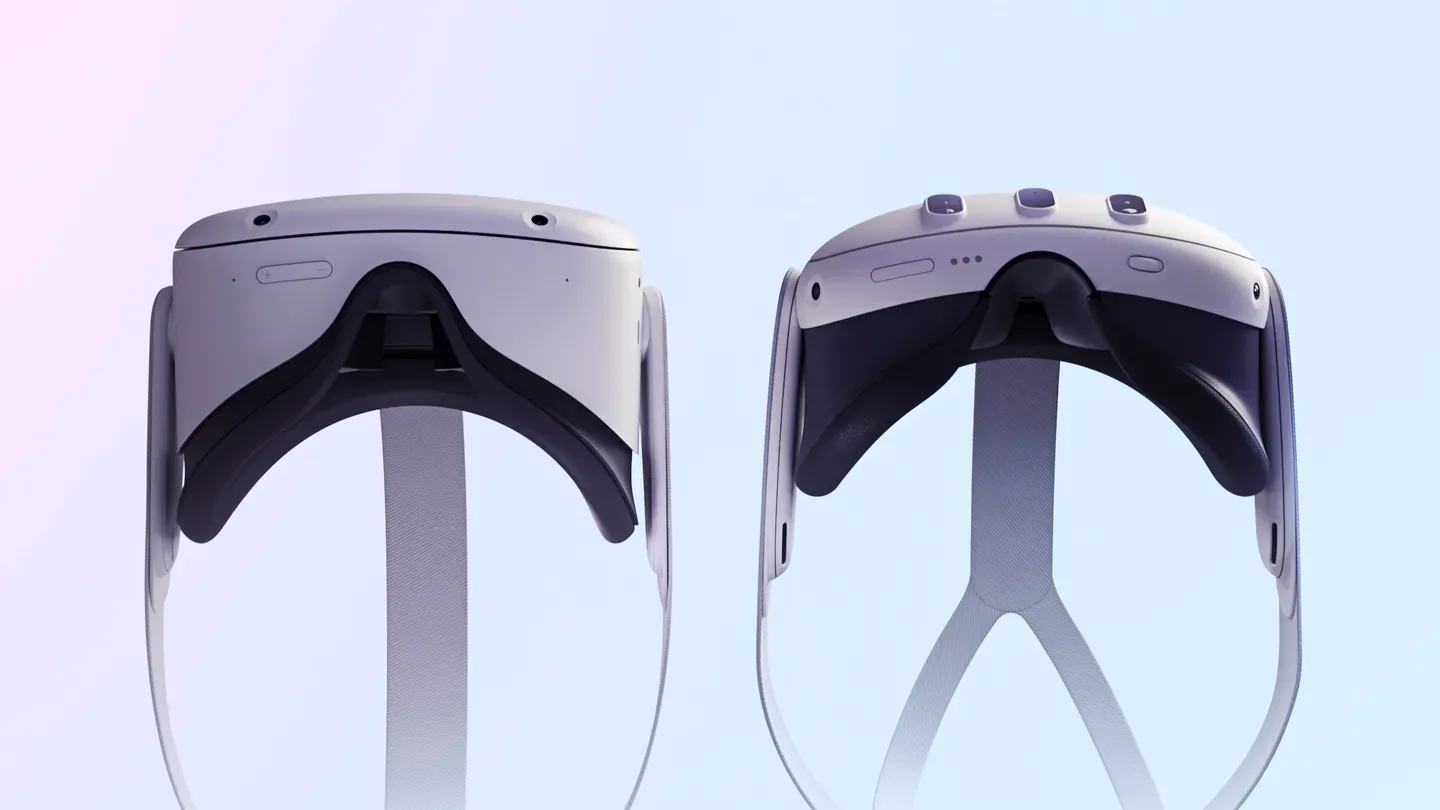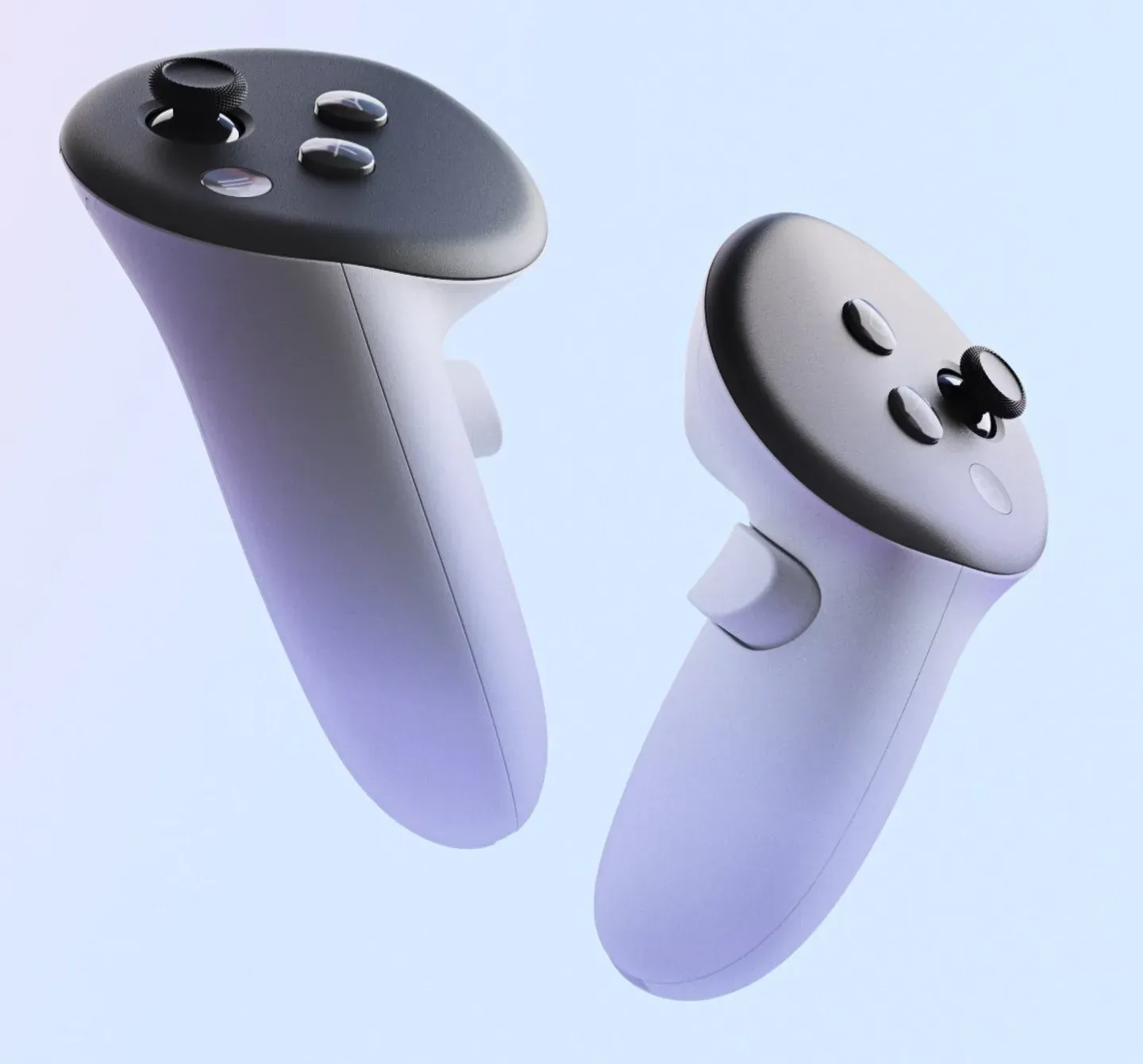Meta has unveiled its highly anticipated upcoming headset, and the company intends to provide further details during its Connect event scheduled for September 27th.
Introducing Meta’s Quest 3 VR Headset
The much-anticipated Quest 3 VR headset by Meta will be released this fall, offering a sleeker design and improved performance compared to its predecessor, the Quest 2. With a 128GB version priced at $499.99 and an additional storage option for power users, the Quest 3 promises a more immersive virtual reality experience.
Design and Performance Upgrades
The Quest 3’s design is lighter and more comfortable, featuring a 40 percent slimmer optic profile, excluding its foam facial interface. Powered by a new Snapdragon chip, the headset boasts twice the graphics performance of the Quest 2, ensuring a smoother and more realistic VR experience.
Meta has officially announced its Quest 3 VR headset in a post on Mark Zuckerberg’s Instagram.
https://www.instagram.com/p/Cs87Ok2h5xq/
Compatibility and Price Changes
Not only is the Quest 3 compatible with the Quest 2’s games, but Meta has also announced price reductions for the older headset. Starting June 4th, the 128GB Quest 2 will be priced at $299.99, while the 256GB version will drop to $349.99. These price cuts make the Quest 2 a more affordable option for VR enthusiasts.
Software Enhancements for Quest 2 and Quest Pro
Meta plans to roll out software updates for the Quest 2 and the higher-end Quest Pro, increasing their CPU and GPU performance through Dynamic Resolution Scaling. This ensures that existing users can continue to enjoy improved VR experiences on their current devices.
Competing with Apple’s Mixed Reality Headset
The Quest 3’s launch comes just before Apple is expected to announce its own mixed reality headset, and Meta is showcasing its VR platform at an event later today. With a AAA adventure title to be revealed and more details coming during Meta Connect in September, the competition between the two tech giants is heating up.
Quest 3’s Redesigned Controllers and Sensors
The new Touch Pro controllers for the Quest 3 offer TruTouch haptics for more realistic tactile feedback, and the headset features three new sensor areas on the front. These sensors improve the AR performance of the Quest 3, making it a more versatile and powerful device.
Hand Tracking and Depth Sensing
In addition to the redesigned controllers, the Quest 3 also supports hand tracking out of the box. The depth sensor in the middle of the headset works with the controllers to provide an even more immersive experience, allowing users to interact with the virtual world in a AImore intuitive and natural way.
Read More:


